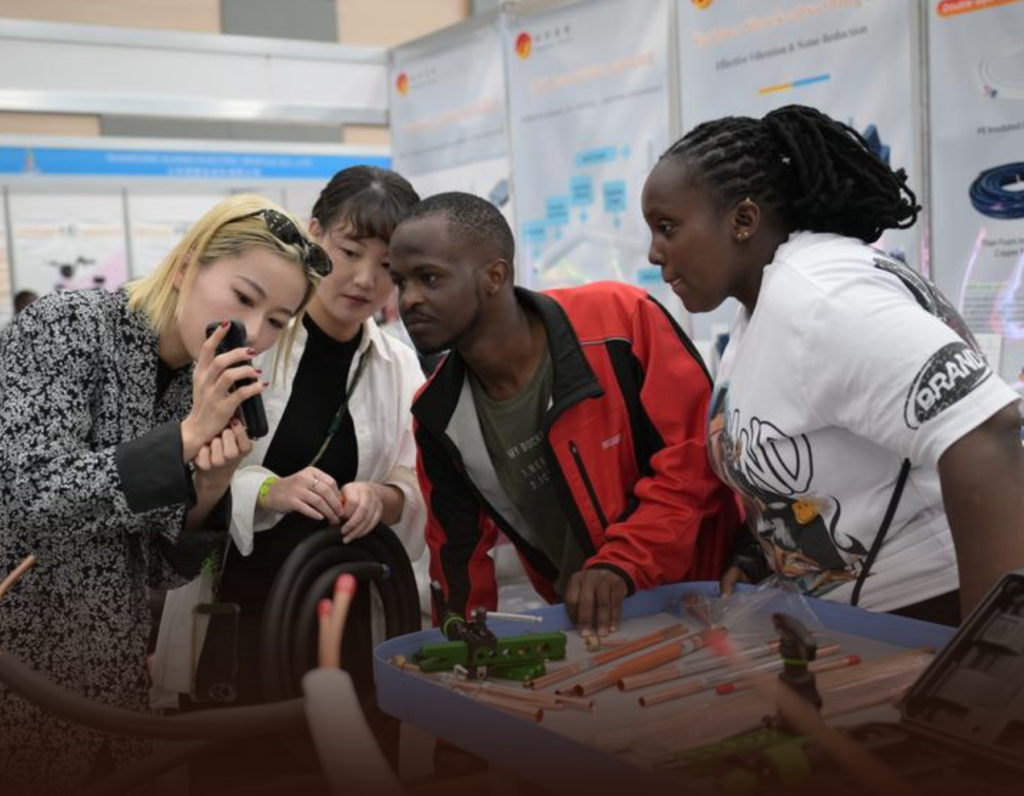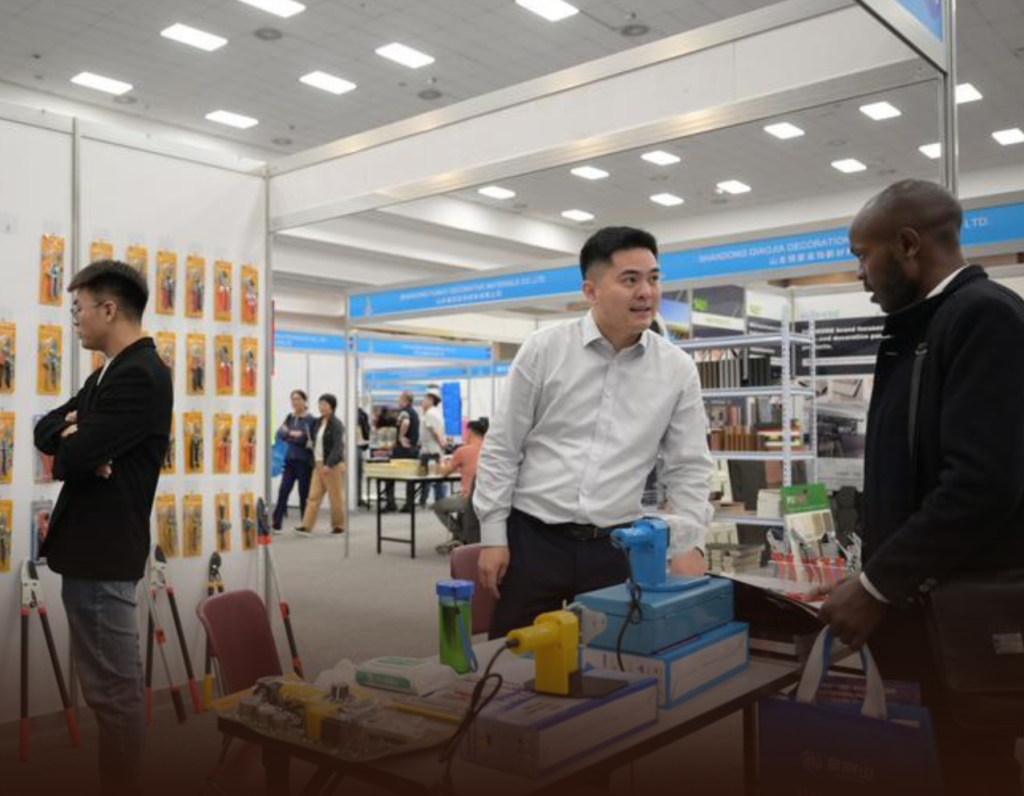China (Linyi)–Kenya International Commodity Expo officially opened on Friday in Kenya, launching a stage for deeper trade exchange, market access, and industrial linkages between the two nations. The expo draws Chinese exporters, Kenyan buyers, government agencies, and private sector representatives with the shared aim of expanding bilateral commerce.
In her opening remarks, Kenya’s Cabinet Secretary for Trade highlighted that the expo is not just about showcasing goods, but about building lasting supply chains, promoting value-added products, and encouraging joint ventures that leverage local manufacturing capacities. She also stated Kenya’s intention to reduce trade imbalances by promoting Kenyan exports to China in sectors like agriculture, textiles, and processed goods.
From China’s side, the Linyi delegation has brought a wide array of product lines such as machinery, consumer goods, agricultural inputs, and new tech innovations. The presence of Chinese small- and medium-sized enterprises (SMEs) is notable, offering Kenyan firms access to cost-effective suppliers and fostering direct partnerships.
Observers note that this expo aligns with broader China–Kenya economic strategy. China has been one of Kenya’s top trading partners, investing in flagship projects such as the Standard Gauge Railway (SGR), the Mombasa–Nairobi Expressway, and power plants. Kenya also benefits from China’s Belt and Road Initiative (BRI), which aims to strengthen infrastructure and connectivity across East Africa.

A significant innovation at the expo is the “Kenya Pavilion,” where Kenyan companies display goods from horticulture, processed foods, leather, and young tech ventures seeking export links to China. Several Kenyan delegates expressed optimism: securing a foothold in the Chinese market is seen as a growth accelerator.
According to trade data, Kenya’s exports to China have traditionally been dominated by raw agricultural commodities. In recent years, policymakers have sought to shift the balance toward value-added goods, such as processed coffee, macadamia, tea, and garments. The Minister stressed that the expo could help catalyze this transformation by connecting local manufacturers with Chinese buyers and supply chain networks.
Beyond trade displays, the expo features business matching sessions, investment forums, and policy dialogues. Participants are expected to explore cooperation not only in trade, but in sectors such as renewable energy, agro-processing, and digital technologies consistent with Kenya’s Vision 2030 goals.
Kenya–China relations, cultivated over six decades, have evolved from diplomatic exchanges to deep economic and strategic partnerships. Chinese firms have constructed roads, ports, and energy plants across Kenya. In turn, Kenya has served as a staging ground for Chinese goods into East Africa. Recent initiatives include Chinese support for Kenya’s industrial parks, digital infrastructure, and renewable energy projects.
The success of the Linyi–Kenya Commodity Expo will be measured not just by trade volumes but by relationships formed, technologies transferred, and local capacity built. If the expo achieves its ambitions, it could become a recurring mechanism for driving China–Kenya trade toward greater equity, industrialization, and mutual prosperity.




